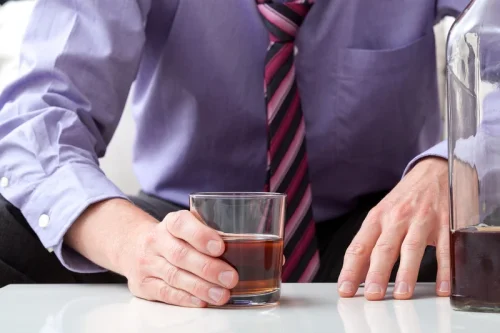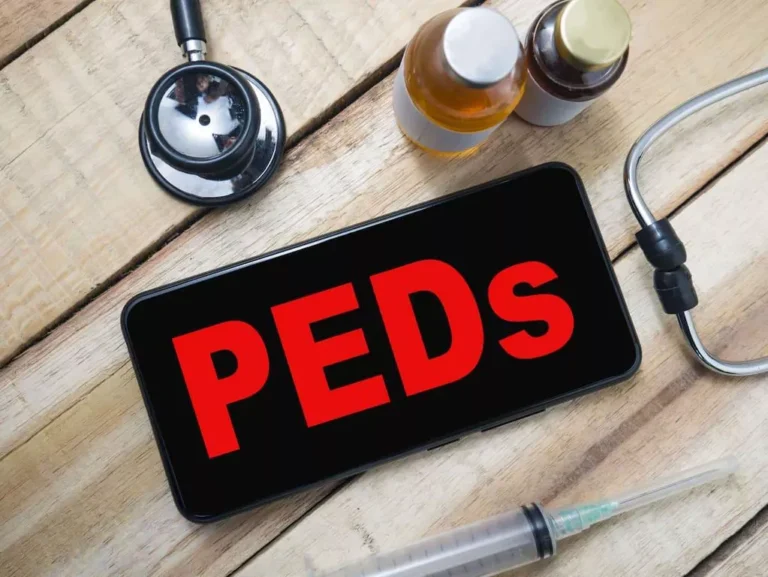
A good relapse prevention plan should include a hard copy of your support system. I remember having three different cell phones stolen during my short time on the streets. Don’t find yourself without support after you’ve made a terrible decision as a result of substance use.
Preparing for a Sober Lifestyle

Research from the Department of Veterans Affairs demonstrates that people who participate in 12-Step programs tend to have better outcomes than those who don’t. Reputable, research-based treatment programs select therapies and interventions to match your personal needs. For example, a Veteran with post-traumatic stress disorder (PTSD) who misuses cocaine, doesn’t have the same needs as a stay-at-home mom struggling with alcohol use. Detox occurs when the body goes through the process of eliminating substances from itself. Individuals who experience withdrawal symptoms have become dependant on the substance. This means that the brain and body have become so accustomed to having the substance present that without it, they can’t function properly.
- Being honest about what situations, emotions, or people trigger your cravings is the first line of defense in maintaining a sober life.
- I remember having three different cell phones stolen during my short time on the streets.
- Therefore, an essential skill you must have is the know-how to properly feed yourself.
Learn About Addiction
For example, taking a hot bath with bubbles or salts is a form of my self-care. So first, define what self-care means to your physical, mental, and spiritual needs. Then, practice those acts of self-care for support with staying sober. Loving yourself is essential if you’re going to maintain sobriety. Notably, loving yourself makes it more challenging to violate that love with drugs and alcohol. If you cannot afford therapy, I would consider group counseling, outpatient treatment programs, or recovery coaching.

Alcohol Addiction Treatment
Staying sober requires a person to analyze the reasons why they were using the substance, identify their personal triggers for relapse, and avoid falling into a pattern of use again. They can help motivate a person to remain sober to reach the next milestone. Triggers for using drugs and alcohol typically are people, places, and things that remind you of your addictive behavior or encourage the use of substances you’re avoiding.
- Remember to care for yourself, seek supportive relationships, and consider seeking help from a therapist.
- If they’re people using drugs or old drinking buddies, they’ve got to go.
- Be transparent and honest about your goals, objectives, and the habits you are striving to incorporate into your daily routine.
- At some point in your recovery, you’ll feel stressed out, whether it’s major stress (like losing a job) or minor stress (like running late for an appointment).
By embracing sobriety, you can enjoy numerous benefits and avoid the negative consequences of addiction. Living sober has numerous benefits, including improved physical and mental health, stronger relationships, increased productivity, and financial stability. Sobriety can help you regain control of your life and achieve your goals. Understanding what sobriety means and why it’s substantial is the first step toward living a sober life. Sobriety is not about abstinence from drugs or alcohol; it’s about living a fulfilling and purposeful life.

Here at Sober Steps, we’re all about supporting each other. As you go through the Drug Facts section, think of it as a conversation with https://ecosoberhouse.com/ someone who cares. We’re here to give you the straight facts, offer a helping hand, and be a friend on your journey to getting better.
How to Get Sober and Stay Sober
Giving back and helping those in need is rewarding and can motivate you to continue living a sober life. Life is meant to be shared with people who support your sobriety and positive growth and development. Meet with each one of them and explain what you need from them and give them back to the relationship.

Recovery Support
Common medications used in MAT include naltrexone, acamprosate, and disulfiram, which can help reduce cravings and manage withdrawal symptoms. After you’ve gotten clean, it’s essential that you understand how to stay sober—especially considering that relapse rates for substance abuse disorders are between 40-60%. For opioid use disorders, there is tips to quit drinking a higher probability of relapse at 72-88%. Whether it’s for health, relationship, financial, or any number of reasons, consider creating a list on your phone of the reasons why you want to get and stay sober. Set a reminder once or twice a day to look through your list and share it with a supportive person in your life if you feel comfortable.

